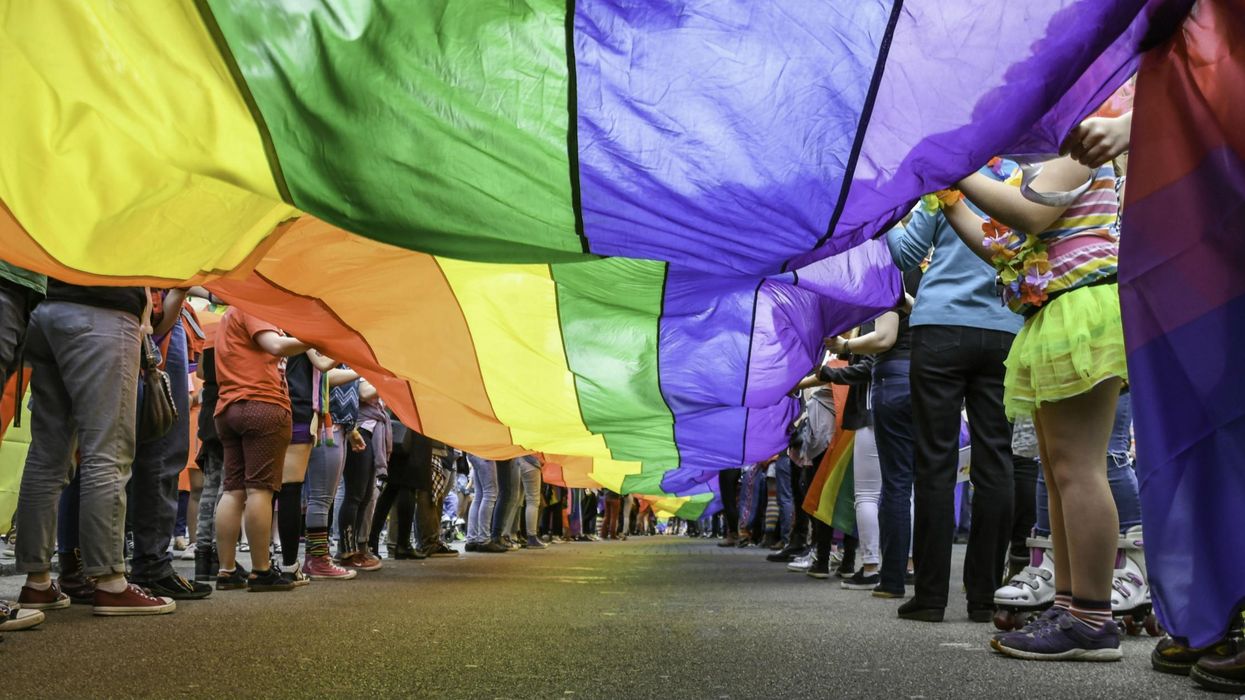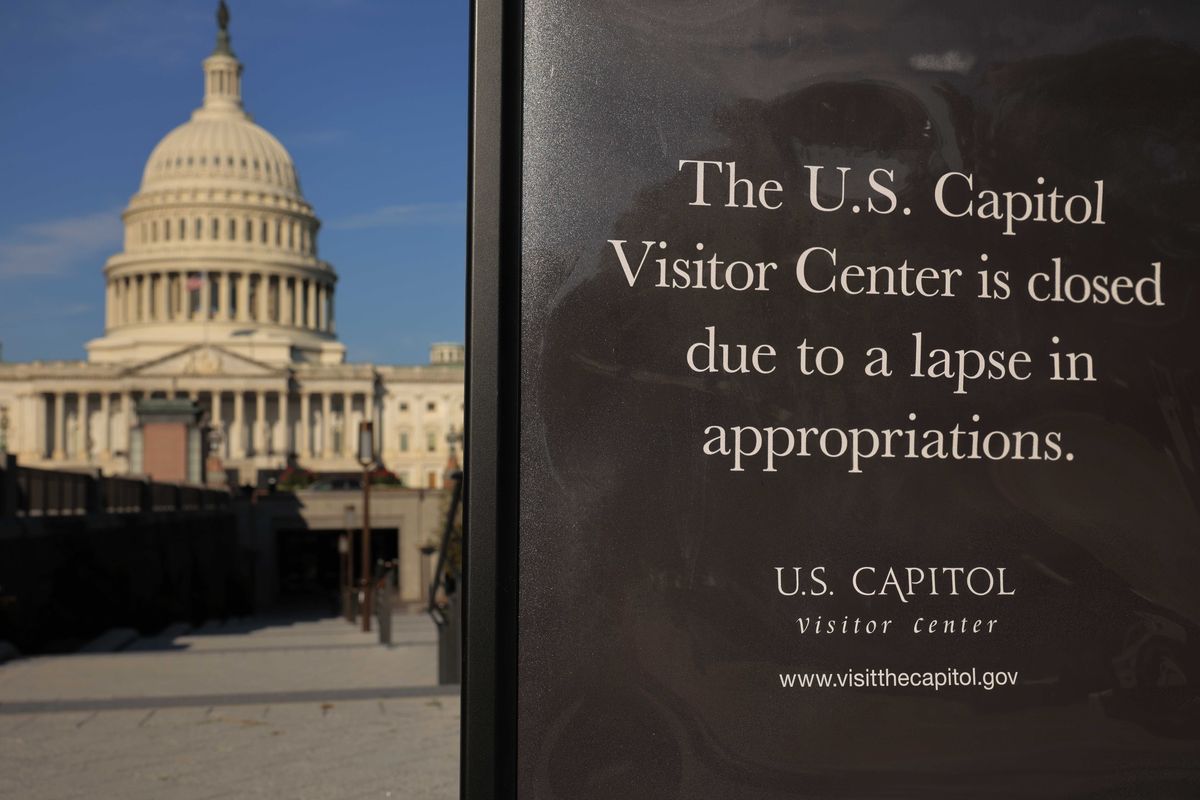Celebrities
Jake Hall
Apr 22, 2018

It's been almost two years since the UK decided via referendum to leave the European Union.
Since then, ongoing negotiations and constant developments have left both press and public unsure of the concrete effects this decision will have; none of us can accurately predict the long-term repercussions, especially as its official start date (29th March, 2019) will be followed by a lengthy 'transition period' designed to facilitate smooth relations between the UK and the EU.
But what we do know is that history has a tendency to repeat itself.
Already, the government has announced it will scrap the EU Charter of Fundamental Rights, essentially creating a legal gap which could have negative implications for the LGBT+ community. Politicians have argued that existing UK laws are sufficient to ensure minority rights are safeguarded, but activist groups and the authors of a recently-released report, 'Brexit: The LGBT Impact Assessment' clearly disagree.
Gay Star News co-founder and editor-in-chief Tris Reid-Smith recently commissioned the 26-page document, co-authored by four legal scholars and complete with a foreword by Stonewall co-founder and former MEP (Member of European Parliament) Lord Michael Cashman, who opens the report by stating:
The Charter of Fundamental Rights is a stunning affirmation that rights will be protected against governments who would not otherwise give them, or wish to take them away.
It is a charter that has helped to progress human rights in other parts of the world too. It remains a powerful tool.
Not only does the legislation outline important rules on discrimination tied to sex, gender, race, religion and a whole host of other factors, it also guarantees human dignity, enforces a right to asylum and incorporates various other rights including, but not limited to, access to healthcare and fair working conditions. The loss of this charter could lead to a reduction in substantive rights and a loss of EU law remedies - in a nutshell, it's bad, but it's particularly bad for marginalised people whose rights had previously been ignored before the charter was introduced in 2000.
Before the charter came the Amsterdam Treaty, signed in 1997 and enforced in 1999, which plainly stated that discrimination would be incompatible with the EU single market. Although technically introduced to protect economic interests, this landmark treaty led to the formal prohibition of discrimination based on the grounds of sexual orientation.
At the time, only five EU countries - the Netherlands, France, Ireland, Spain and Finland - had these measures legally in place, meaning that Britain was lagging behind.
This set the wheels in motion, sparking more protective laws in the UK and the aforementioned charter, which enforced protection at the highest ranks of EU law. Essentially, the European Courts - the ECJ (European Court of Justice) and the ECHR (European Court of Human Rights) had the power to provide vital protection, and did so on numerous occasions.
After initially stating a desire to abandon ECJ rule back in 2016, the Prime Minister sheepishly reneged on her words last year and was met with backlash. Responding to a question by Jacob Rees-Mogg - a Tory MP famously in opposition of gay marriage and abortion - May admitted wanting an "orderly withdrawal":
That may mean we will start off with the ECJ governing the rules that we are part of.
This could spell good news for the LGBT+ community; legislation such as the 2004 Gender Recognition Act, which offers legal recognition to transgender people, wouldn't be in place without ECJ intervention. The legislation has, however, become a recent source of debate both within and outside of trans communities. Currently, a diagnosis of gender dysphoria and a Gender Recognition Certificate is needed to legally amend documents; proposed changes were made to make the process less medical and more about self-identification, but these were halted by transphobic campaigners.
Historically, the ECJ has been on the side of trans people. In 1996, a landmark case protected the rights of a trans woman dismissed due to her gender identity. Whenever parliament has been reluctant to protect the rights of trans people, the report states, European law has provided a safety net. In this sense, the ongoing involvement of the ECJ - if May follows through on her most recent claims - could be crucial.
These are the legal implications, but the social repercussions of Brexit have also been well-documented. Rates of LGBT+ hate crime soared over the year following the referendum, whereas rates of prosecution simultaneously fell. Furthermore, any promises made by the government to protect LGBT+ individuals are dubious at best; the flip-flop nature of post-Brexit negotiations and European involvement have created a climate of fear amplified by uncertainty. Rounding off the press release accompanying the report, Reid-Smith states:
As a community we can pretend this danger isn't looming.
Or we can do what we have always done - take responsibility personally and collectively for the protection and promotion of our rights.
The report is available to read in full here.
More: Twelve months on, there is no justice for the LGBT+ victims of Chechnya
Top 100
The Conversation (0)













